Best Actress Oscar Nominees
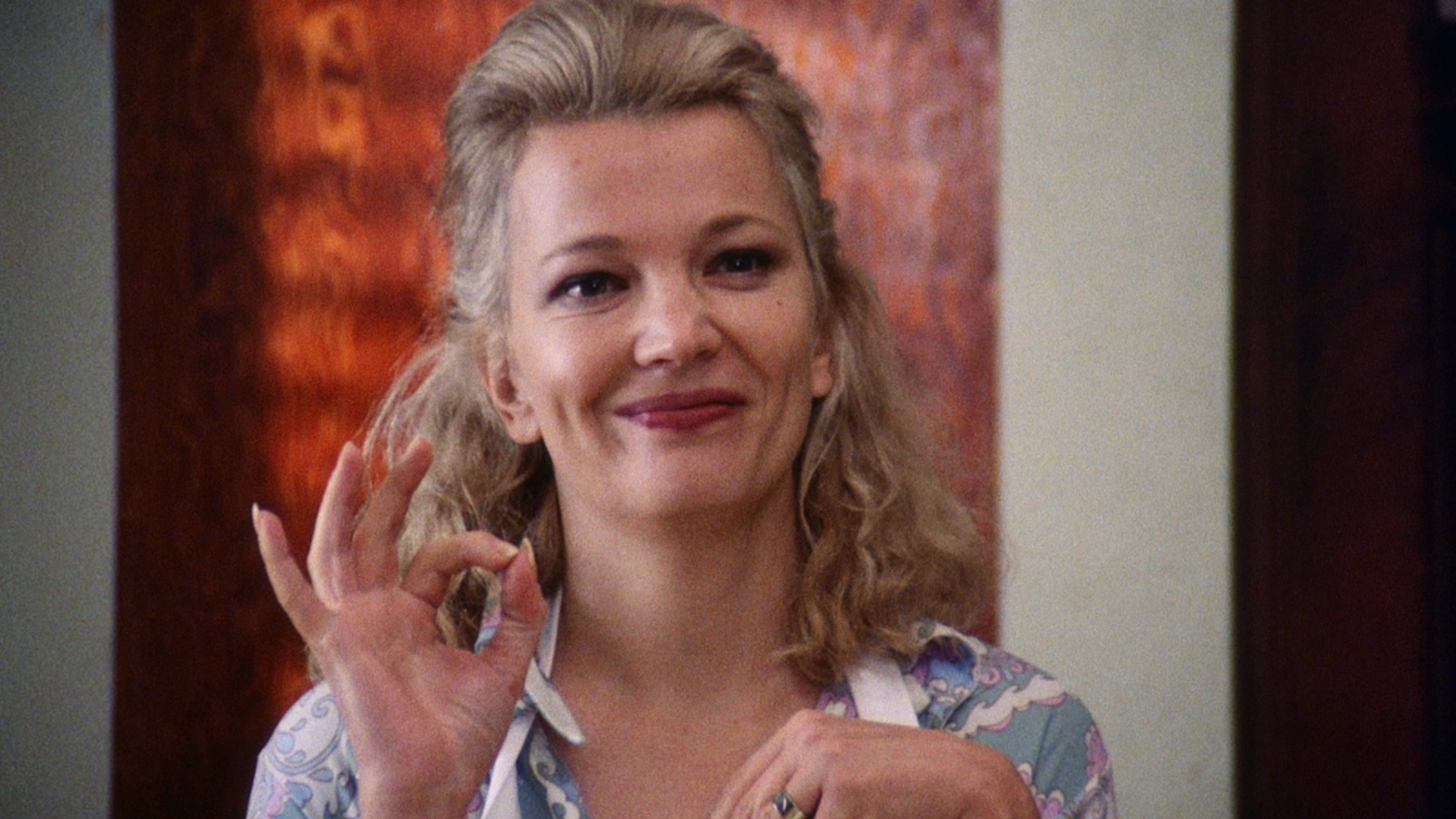
In time for this year’s Academy Awards ceremony, we wanted to celebrate all the incredible women who have been nominated for best actress Oscars for their roles in Criterion titles. They range from the 1930s to the 2010s, and include major stars—like Bette Midler, nominated for her fierce debut film performance in The Rose, coming to the collection in May—as well as some forgotten figures. Of course, there are some glaring oversights (no Barbara Stanwyck for The Lady Eve? Deborah Kerr for Black Narcissus? Mia Farrow for Rosemary’s Baby?). But we’re here not to stew over the snubs but to celebrate some amazing performances. So, in chronological order...

Claudette Colbert in It Happened One Night (1934)
Winner
That flash of leg is justifiably famous, but what makes Colbert’s role in Frank Capra’s quintessential romantic comedy really sexy is the sly, knowing way her Ellen Andrews handles Clark Gable’s caddish reporter Peter Warne. She may be a spoiled socialite, but she’s nobody fool, and Colbert, a major star at this point in her career (she also appeared in Cleopatra and Imitation of Life that same year) plays her with an exuberant confidence that would become the trademark of many a screwball heroine in the coming years.

Carole Lombard in My Man Godfrey (1936)
Nominee (lost to Luise Rainer in The Great Ziegfeld)
Gregory La Cava’s hilarious Depression-themed screwball comedy—about an eccentric, wealthy New York family who hire a bum (William Powell) to be their butler, not realizing he’s a millionaire in disguise—was the perfect showcase for Lombard’s off-kilter charm and naturalistic comic brilliance. As the family’s well-intentioned yet dotty grown daughter, who falls for the new servant, Lombard is a dose of pure neurotic energy.
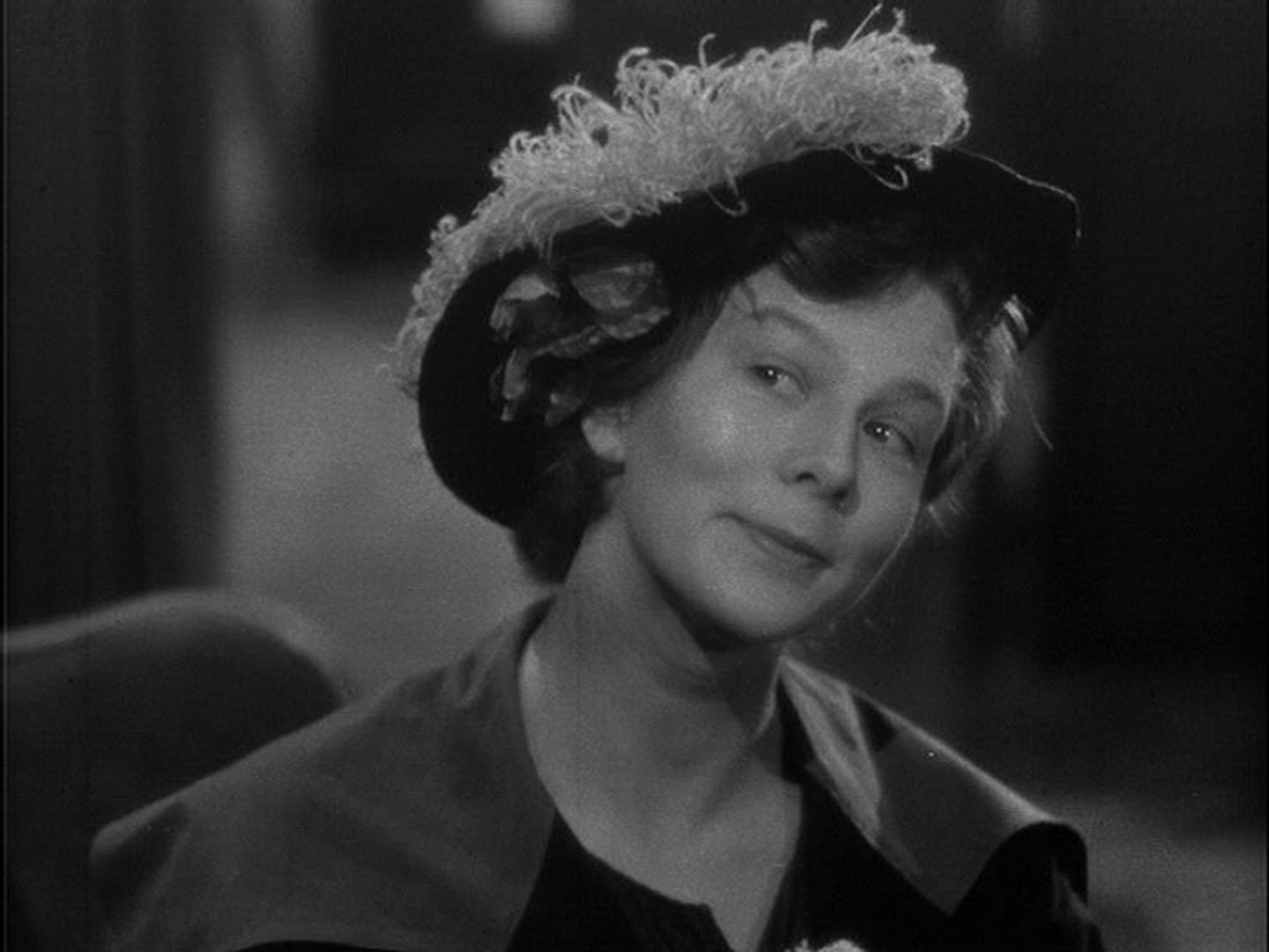
Wendy Hiller in Pygmalion (1938)
Nominee (lost to Bette Davis in Jezebel)
Twenty-six years before Audrey Hepburn brought to life her own iconic version of Eliza Doolittle in My Fair Lady, Hiller originated on-screen George Bernard Shaw’s indelible cockney flower seller with verve and humor. Snappish but with a warm streak, Hiller’s Eliza is a memorable creation, especially when fearlessly standing up to Leslie Howard’s Professor Henry Higgins, the self-righteous prig who tries to remake her as a high-society lady before falling in love with her.

Joan Fontaine in Rebecca (1940)
Nominee (lost to Ginger Rogers in Kitty Foyle)
In the late thirties, the RKO-contracted Fontaine had played only small roles and was known primarily as movie star Olivia de Havilland’s younger sister. That all changed after she landed the much sought-after lead role in Alfred Hitchcock’s Hollywood debut, following six months of screen tests. She was only twenty-two when she delivered her unforgettable, tremulous performance as Daphne du Maurier’s heroine, haunted by the memory of her new husband’s dead wife. Though Fontaine didn’t win the Oscar for it, one year later she would win one for another Hitchcock film, Suspicion.

Celia Johnson in Brief Encounter (1946)
Nominee (lost to Olivia de Havilland in To Each His Own)
Much of the considerable impact of David Lean’s heartbreaker about an almost love affair between a lonely housewife and a kindly doctor (Trevor Howard) who meet at a train station is due to Johnson’s luminous melancholy. Those expressive, dark-circled eyes, those pursed lips always threatening to break out into a passionate smile . . . Johnson—who was one of Lean’s favorite actors, having also appeared in his In Which We Serve (1942) and This Happy Breed (1944)—is both the emotional heart of the film and a crucial visual element, as integral to the atmosphere as cinematographer Robert Krasker’s many deep, near-expressionist shadows.

Jane Wyman in Magnificent Obsession (1954)
Nominee (lost to Grace Kelly in The Country Girl)
Perhaps the most subtly expressive of all melodrama queens, Wyman had already won an Oscar for playing a defiled deaf-mute in Jean Negulesco’s Johnny Belinda (1948) when she played a blind woman in this mega-hit by Douglas Sirk, the first of her two films for the director. The story involves her character’s becoming the obsession of a spoiled playboy (Rock Hudson) looking to redeem himself—although this description can barely prepare you for the twists and turns of the Technicolor sudser’s plot. As always, through it all, Wyman remains the calm center of the storm.

Katharine Hepburn in Summertime (1955)
Nominee (lost to Anna Magnani in The Rose Tattoo)
From the beginning of her career, Hepburn’s screen persona was the fiercely, independent, sometimes haughty woman of the world. So her midcareer performance as an emotionally closed-off spinster in this film by David Lean (it fell between her first Oscar, for 1933’s Morning Glory, and her three others, for 1967’s Guess Who’s Coming to Dinner, 1968’s The Lion in Winter, and 1981’s On Golden Pond) was something of a surprise. A sun-dappled love story about an American woman who finds herself—and romance, with a handsome Italian (Rossano Brazzi)—while on vacation in Venice, Lean’s film is both travelogue and intimate character study, a luminous close-up portrait of a gorgeous place and an iconic face.

Rachel Roberts in This Sporting Life (1963)
Nominee (lost to Patricia Neal in Hud)
Lindsay Anderson’s raw kitchen-sink drama is often remembered first for Richard Harris’s bruising breakthrough performance as an angry, wayward rugby player. But Roberts, as the widowed landlady with whom he starts a doomed affair, goes toe-to-toe with him every step of the way. Despite all the sports scenes in the film, it’s the emotional and sometimes physical bouts between the leads that really stay in the mind, and it’s Roberts—who would win the British Academy Award for this performance—who is truly the film’s anguished soul.
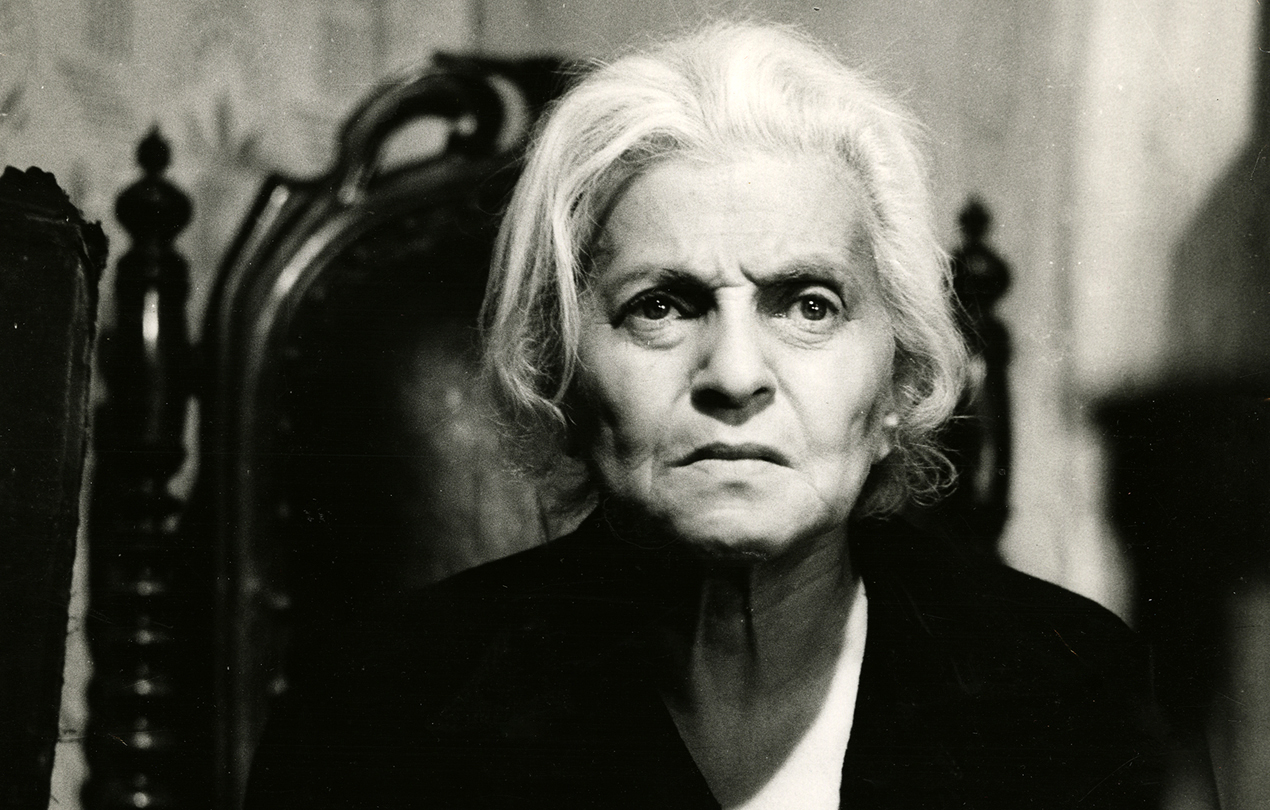
Ida Kaminska in The Shop on Main Street (1966)
Nominee (lost to Elizabeth Taylor in Who’s Afraid of Virginia Woolf)
This picture by Ján Kadár and Elmar Klos was one of the major international successes of the Czechoslovak New Wave and picked up the Academy Award for best foreign-language film. Kaminska, a veteran Polish stage actor in her late sixties, was swept up in the acclaim and found herself an Oscar nominee against such international 1960s screen luminaries as Anouk Aimée, Elizabeth Taylor, and both Redgrave sisters, Lynn and Vanessa. She’d more than earned her place in that crowd with her devastating performance as a senile Jewish shop owner unaware of the growing anti-Semitism in her small town in the years leading up to World War II.
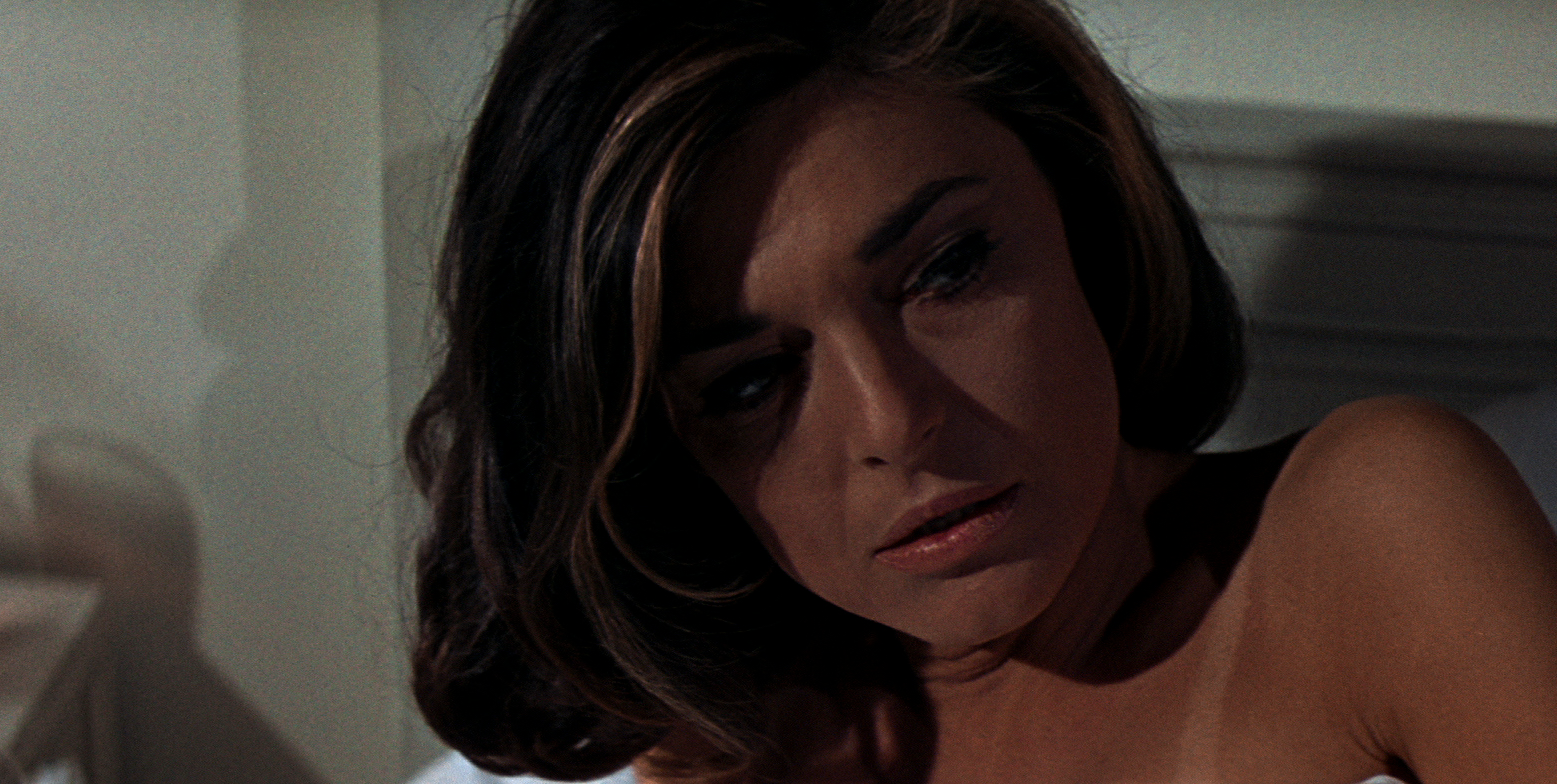
Anne Bancroft in The Graduate (1967)
Nominee (lost to Katharine Hepburn in Guess Who’s Coming to Dinner)
Bancroft had already won a best actress Oscar for her dazzling, humane portrayal of Helen Keller’s tutor in The Miracle Worker (1962) when she was again nominated—this time for a very different kind of role. As the sensual yet brittle Mrs. Robinson in Mike Nichols’s comic landmark, Bancroft created a character for the ages: a tough, no-nonsense, middle-aged seductress who’s neither villain nor heroine, and whose every line comes with a wicked, unexpected twist.

Glenda Jackson in Sunday Bloody Sunday (1971)
Nominee (lost to Jane Fonda in Klute)
Jackson was on a hot streak in the seventies; in between her two Oscar wins (for Women in Love in 1970 and A Touch of Class in 1973), she was nominated for her charismatic and cutting work in John Schlesinger’s unorthodox love triangle story Sunday Bloody Sunday. As the disillusioned but pragmatic Alex, who is aware that her handsome younger lover (Murray Head) is having an affair with another man (Peter Finch), Jackson is refreshingly no-nonsense, yet underneath her tough exterior is a vulnerability she didn’t often show.

Liv Ullmann in The Emigrants (1972)
Nominee (lost to Liza Minnelli in Cabaret)
The Norwegian star of stage and screen had already been making an international name for herself in films by Ingmar Bergman when she was cast in Jan Troell’s The Emigrants. The first of two features about a Swedish clan’s arduous journey to America in the nineteenth century, this film gave Ullmann one of her greatest roles, as a woman desperate to hold her family together under extraordinary circumstances. Through Ullmann’s emotionally rich, often silent performance, the viewer can almost feel each step of her character’s difficult voyage.
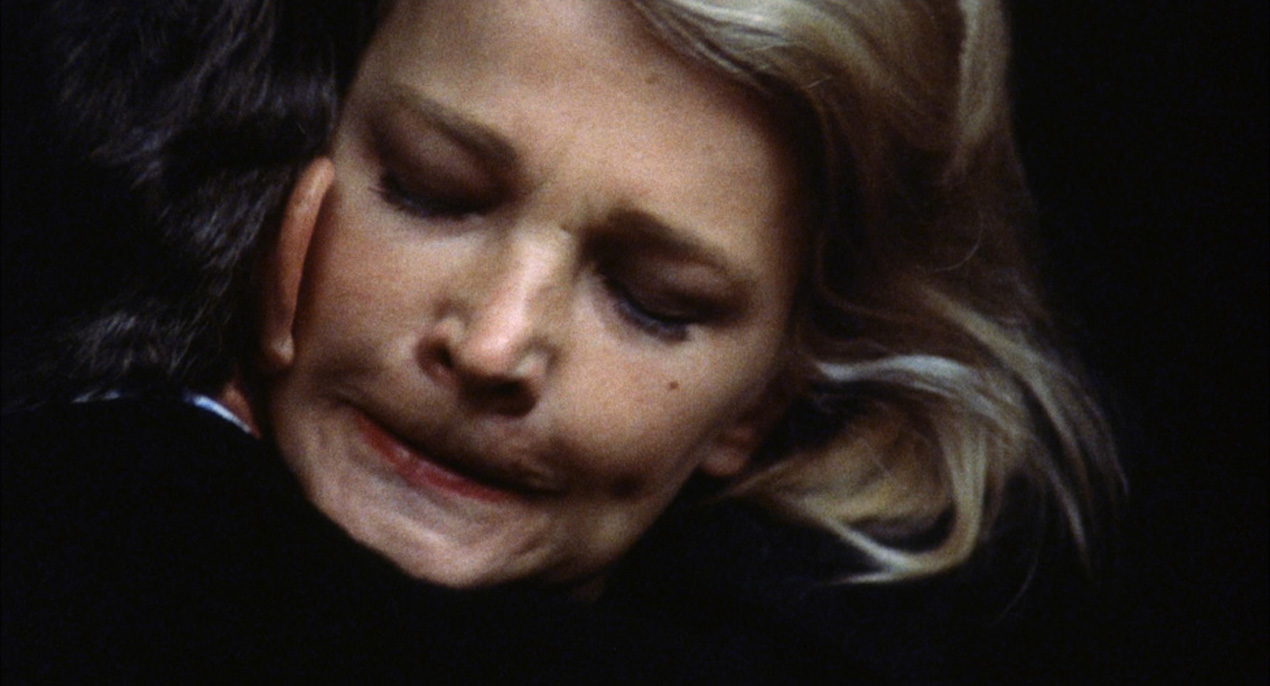
Gena Rowlands in A Woman Under the Influence (1974)
Nominee (lost to Ellen Burstyn in Alice Doesn’t Live Here Anymore)
Often cited as one of the great screen performances, Rowlands’s work as Mabel Longhetti, a housewife slowly cracking under the pressures of domestic life, is the kind of pure emotional gut punch that comes along only once in a generation, if we’re lucky. John Cassavetes’s cinematographic intimacy works in beautiful, if tough, concert with Rowlands’s uncompromising eccentricity, to create a wrenching portrayal of a woman desperate to express herself but stifled by her bewildered husband (Peter Falk) and environment.

Ingrid Bergman in Autumn Sonata (1978)
Nominee (lost to Jane Fonda in Coming Home)
Already a three-time Oscar winner, Bergman received her final nomination for her forbidding, intense role in Ingmar Bergman’s austere drama, as a famous concert pianist taken to task by her grown daughter (Liv Ullman) for her neglect. It was the first time the two famous Bergmans had ever worked together, and the collaboration paid off, giving them both late-career triumphs.
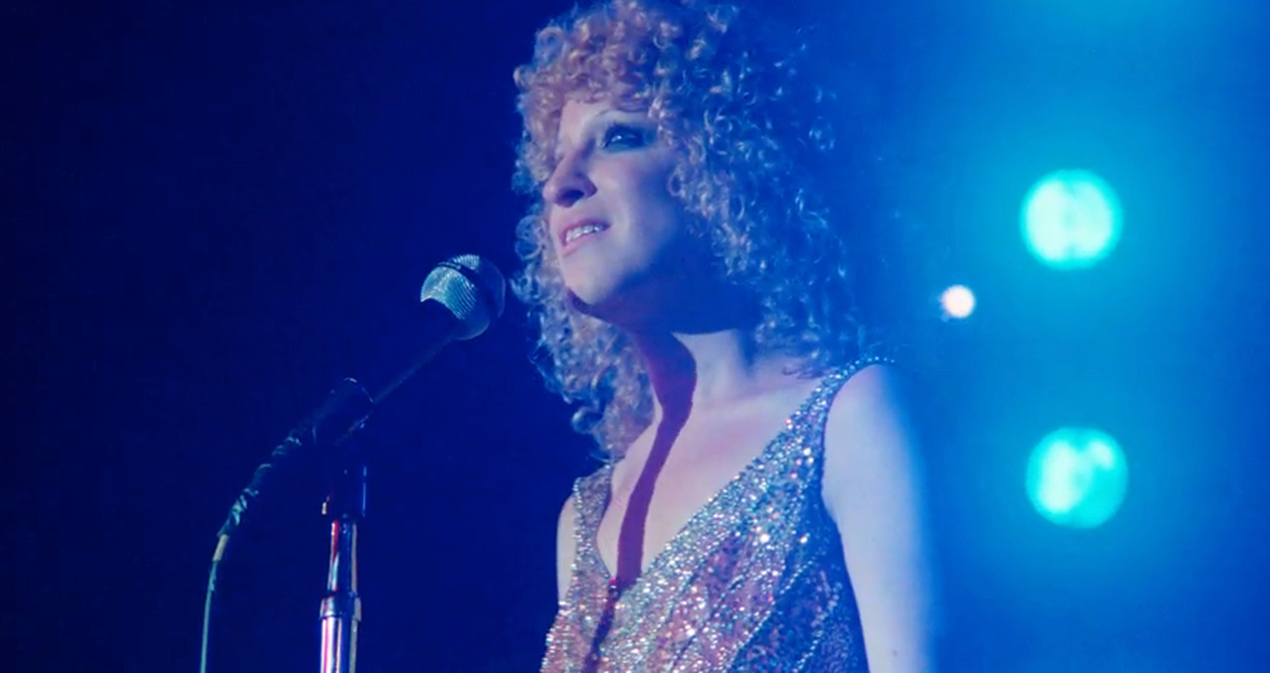
Bette Midler in The Rose (1979)
Nominee (lost to Sally Field in Norma Rae)
Midler always eats up the screen, but never would she be more stupendously ravenous on film than in her dazzling breakout performance, as a tail-spinning rock star in Mark Rydell’s movie. From her guttural stage rendition of “When a Man Loves a Woman” to her romantic scenes with a sexy limo driver (Frederic Forrest, also nominated) to her character’s final breakdown, Midler is a force to be reckoned with.

Meryl Streep in The French Lieutenant’s Woman (1981)
Nominee (lost to Katharine Hepburn in On Golden Pond)
Meryl Streep had already won an Oscar for her supporting role in Kramer vs. Kramer when she received her first best actress nomination, for her striking lead performance in Karel Reisz’s elegant and witty adaptation of John Fowles’s best-selling novel. In a complex role, Streep is both Sarah, an enigmatic social outcast in Victorian England, and Anna, an American actor playing her in a movie adaptation. Streep’s British accent and mannerisms are technical perfection, of course, but there’s a tremulousness to both Sarah and Anna that makes her work here intensely emotional as well.
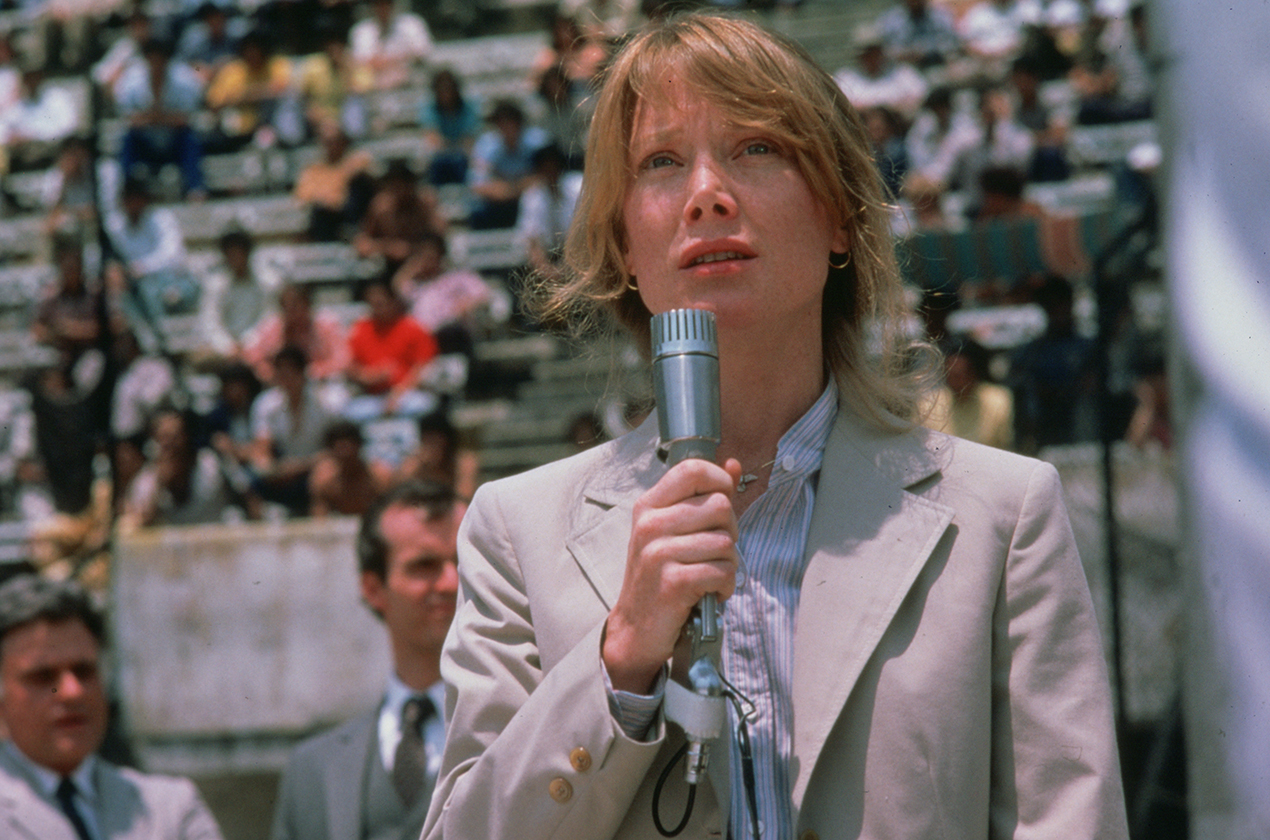
Sissy Spacek in Missing (1982)
Nominee (lost to Meryl Streep in Sophie’s Choice)
Playing the tireless, truth-seeking wife of an American journalist who disappeared during the 1973 coup in Chile, Spacek is the heart and soul of Costa-Gavras’s urgent film. Her outraged Beth Horman—a major change of pace from her Oscar-winning role two years earlier as country music legend Loretta Lynn in Coal Miner’s Daughter—is a model of courage and empathy in extraordinary circumstances.
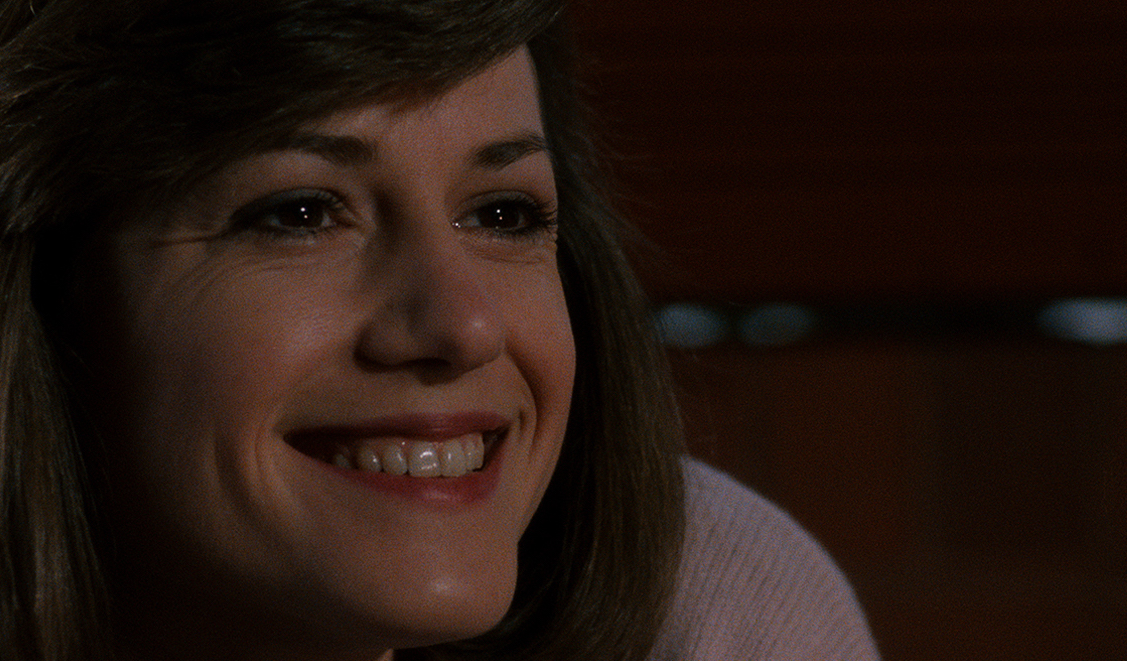
Holly Hunter in Broadcast News (1987)
Nominee (lost to Cher in Moonstruck)
Though she would win an Oscar for playing a mute woman six years later in Jane Campion’s The Piano, it’s Holly Hunter’s chirpy twang and idiosyncratic line delivery that first made critics and audiences take notice of her in James L. Brooks’s sharp comedy (as well as in the Coen brothers’ Raising Arizona, which came out the same year). As an ambitious television producer adored by both a ditsy anchorman (William Hurt) and a neurotic reporter (Albert Brooks), Hunter is deliriously entertaining to watch: check out that star-making weepy fit that seamlessly transitions into cackling laughter, for example.

Jodie Foster in The Silence of the Lambs (1991)
Winner
As the haunted FBI agent Clarice Starling, Foster became an action star for the ages, and perhaps the only character who could conceivably go mano a mano with serial killer Hannibal Lecter (Anthony Hopkins). Director Jonathan Demme gives Foster so many breathlessly tight close-ups in which she looks directly into the camera that we feel we come to know her character intimately: her penetrating gaze meets ours.
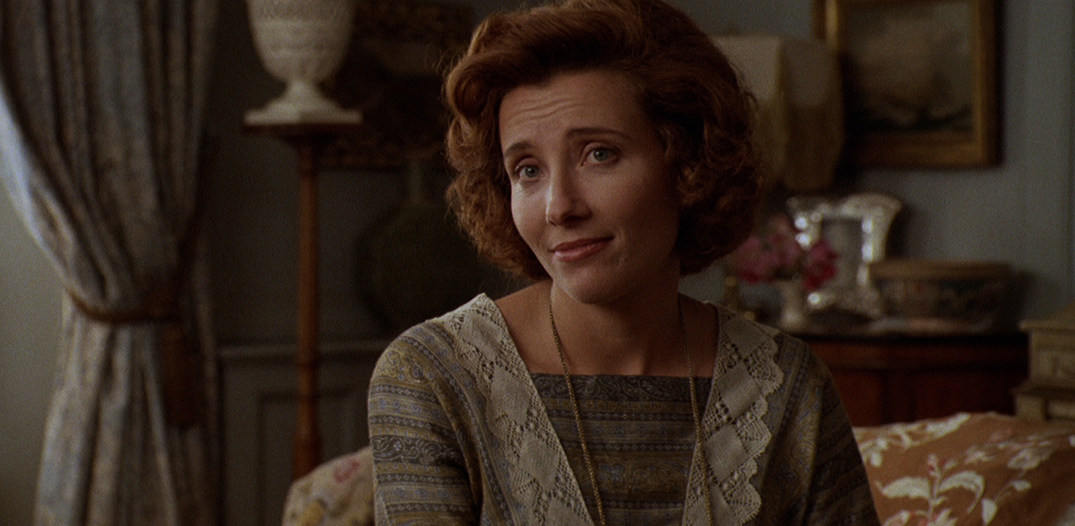
Emma Thompson in Howards End (1992)
Winner
In this remarkably intelligent film by James Ivory, Thompson imbues E. M. Forster’s classic heroine Margaret Schlegel—an independent, free-thinking middle-class Edwardian who marries into the upper class—with such vitality that the relative unknown all but stole the movie away from a cast of such top British names as Helena Bonham-Carter, Anthony Hopkins, and Vanessa Redgrave. Margaret is constantly negotiating between her altruism and life’s practicalities, and, a master of nuance, Thompson makes her every line of dialogue into a meaningful, complex reverie.
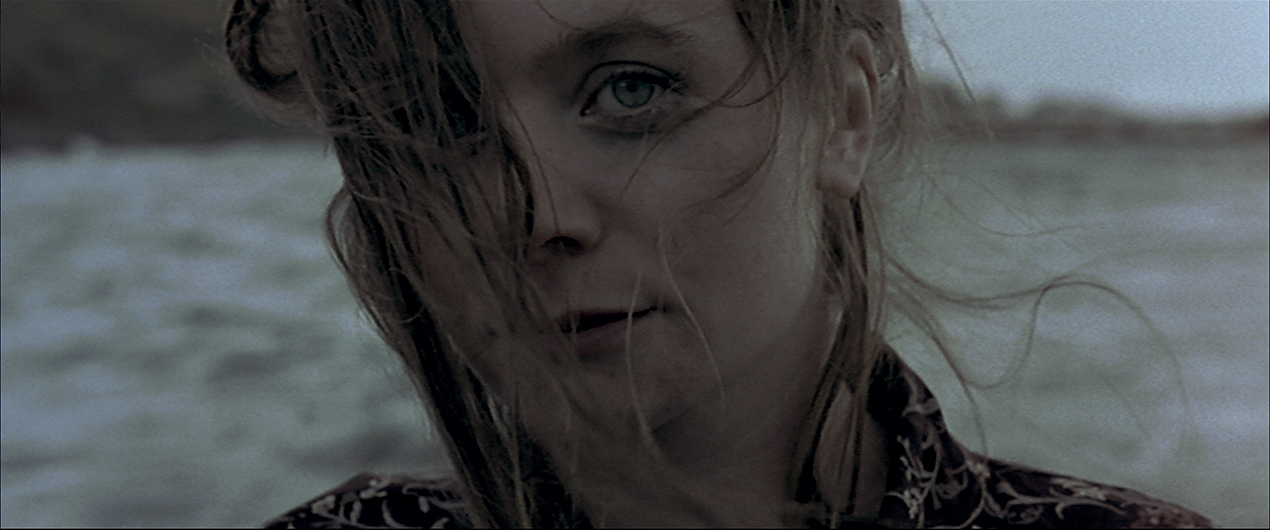
Emily Watson in Breaking the Waves (1996)
Nominee (lost to Frances McDormand in Fargo)
Many actors would shy away from the emotional and physical gauntlet thrown down by enfant terrible Lars von Trier for this character, a naive, God-fearing young woman who martyrs herself sexually for her injured husband (Stellan Skarsgård). But Watson, in a jolting screen breakthrough, dives into the role of Bess with abandon, delivering an emotionally direct performance that is by turns exhausting and energetic, piteous and tender.
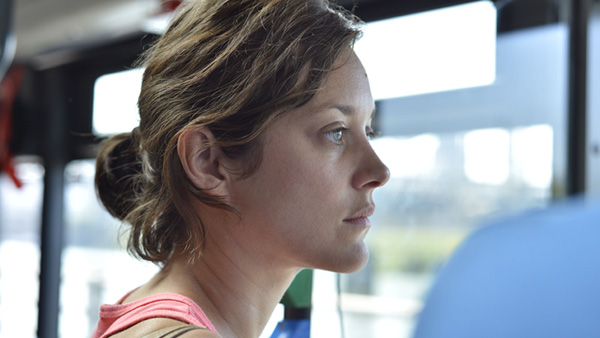
Marion Cotillard in Two Days, One Night (2014)
Nominee (lost to Julianne Moore in Still Alice)
Cotillard was larger-than-life in her astonishing Oscar-winning breakout role as Edith Piaf in La vie en rose (2007). But she is just as revelatory in the movingly minor key of her performance in Jean-Pierre and Luc Dardenne’s small-budgeted Belgian drama as Sandra, a wife and mother battling depression and desperate to convince her coworkers to allow her to keep her job at a solar panel factory.



